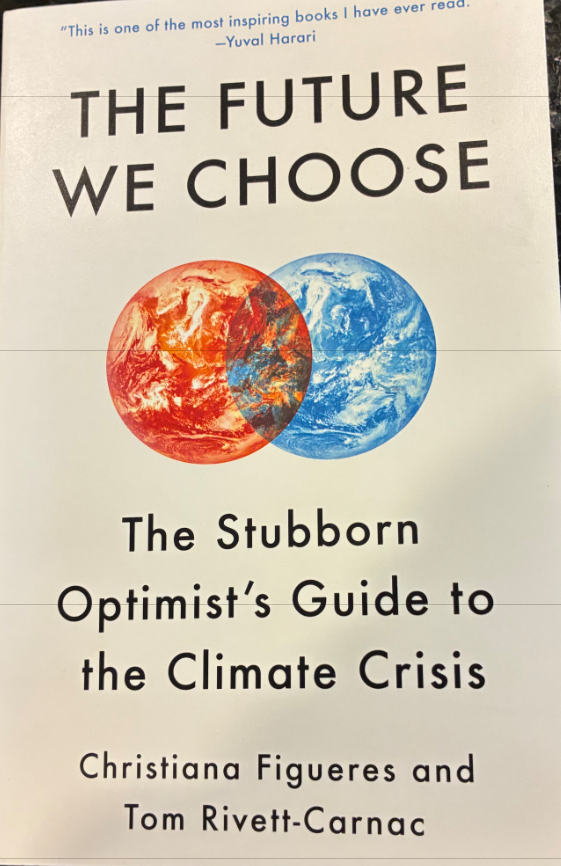Commentary
Climate change is the defining issue of our time
.jpeg)


Editor’s note: This is one in a continuing series of guest opinions about fostering environmental stewardship. The series is coordinated by ACES, the Alliance of Climate and Environmental Stewards.
“Climate change is the defining issue of our time and we are at a defining moment.”
The Gulf of Maine Institute (GOMI) accepts the above statement from Antonio Guterres, secretary general of the United Nations, and believes it is based on sound science. Here in Newburyport, a GOMI team has been operating for 16 years, quietly employing our unique community-based stewardship model to engage youths and their adult mentors in the preservation of the Gulf of Maine Watershed.
Guided by ongoing formative evaluation and years of experience with our constituents around the Gulf of Maine (extending from Cape Cod to Nova Scotia), we have produced some remarkable results. What follows is a brief history and a vision into the future of our community-based stewardship model journey.
Act locally but think bioregionally
GOMI began as a collection of youth teams and their mentors recruited throughout the watershed and funded by a Canadian Millennium Grant in 2000. Based on the mantra “Act locally but think bioregionally,” the original design of GOMI was simple: Work locally in teams on place-based environmental projects throughout the school year; then, bring teams together in the summer for a weeklong residential conference to share their work and to connect to the bioregion. The GOMI team leadership approach, with its academic component and summer workshop, continued successfully until 2015.
While the summer workshop was a peak experience, producing life-changing results for many participants, our resources could not support more than 60 youths a year. Before transitioning to a new phase likely to attract more significant funding, we built two intentional strategies into the design: Incorporating and emphasizing formative evaluation and formation of educational partnerships with local and national agencies, such as the Parker River National Wildlife Refuge and the Plum Island Long-Term Environmental Research study, funded by the National Science Foundation and managed by the Marine Biological Lab at Woods Hole. Throughout this time, we established strong partnerships with Nock Middle School and Newburyport High School.
By 2015, the realities of climate change demanded a change in our approach. The GOMI board resolved to shift the annual summer workshop emphasis from an all-volunteer, youth-centered model to one of professional development for educators. A three-year NOAA award provided impetus for our teacher development model, “Learning to Steward the Gulf,” which significantly expanded our capacity to reach more students. Our 24 teachers ranged from elementary school to community college levels.
Teacher input informed design and content, and by Year 2, teachers were co-leading sessions, which emphasized field studies and civic engagement. This shift placed the emphasis on teaching processes and skills, anchored by the school and community support needed to enhance positive effects on student learning.
Community-based stewardship cannot be successfully implemented without in-school administrative support nor can it be fully realized without the support of out-of-school partners, such as the wildlife refuge and the scientists at the Plum Island Long-Term Environmental Research program. It is this collaboration that enhances the richness of the experience.
Collaboration that enhances the richness of the experience
Students have found that by practicing face-to-face conversations with others, they can tell their stories and share their environmental concerns across generations and disciplines. These conversations started as climate cafes but have broadened to stewardship roles in the Great Marsh, controlling invasive species, discovering creature movement with trail cams, and investigating endangered species threatened by rising waters.
We encourage you to attend one such community café and share our world of experiential fieldwork by joining us to discuss the natural systems that govern our planet.
John Halloran is the science director for the Gulf of Maine Institute, overseeing the science curriculum and the development of all projects and training. More information is available at www.gulfofmaineinstitute.org/.
.svg)





